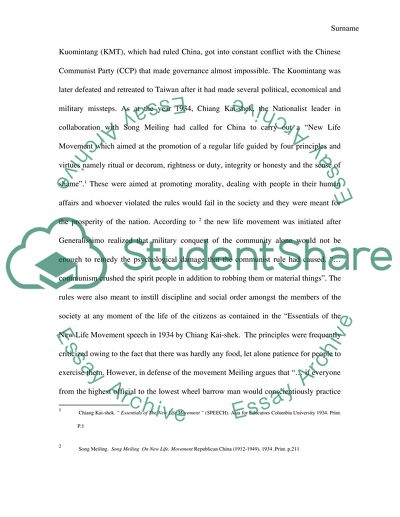Revolutionary China- chinese history Essay Example | Topics and Well Written Essays - 1250 words. Retrieved from https://studentshare.org/history/1497496-revolutionary-china-chinese-history
Revolutionary China- Chinese History Essay Example | Topics and Well Written Essays - 1250 Words. https://studentshare.org/history/1497496-revolutionary-china-chinese-history.


